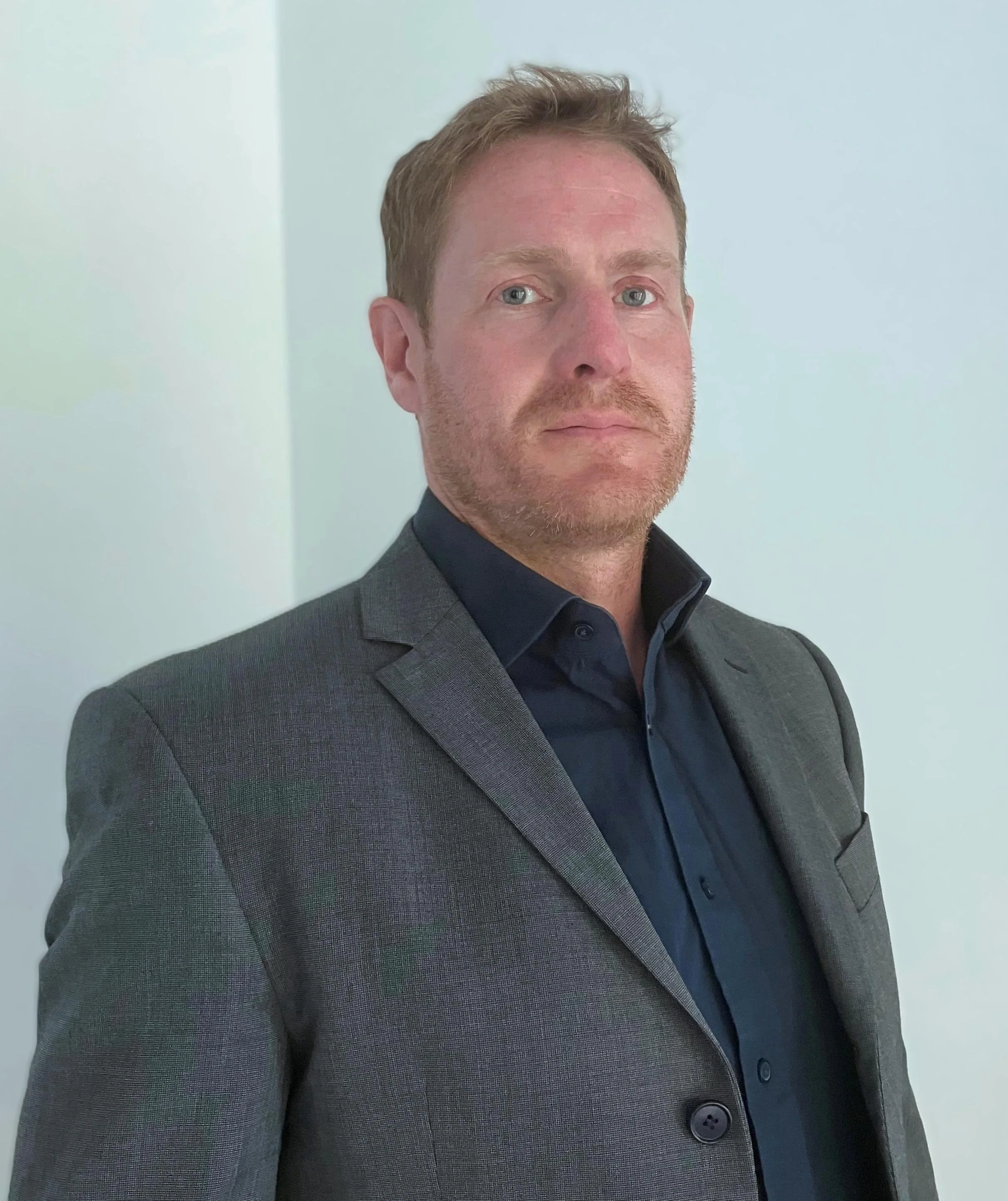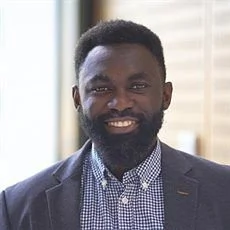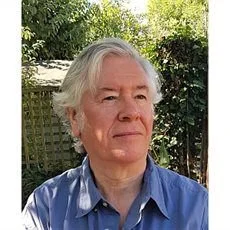The Project Team
Dr Daniel Wheatley
Dr Daniel Wheatley is Reader in Business and Labour Economics and Director of the Work Inclusivity Research Centre (WIRC) at Birmingham Business School. His research focuses on work and well-being, job quality, work–life balance and flexible/remote/hybrid work, spatial dimensions of work (e.g. commuting, business travel) and time-use (leisure and household labour). He uses statistical analyses on large longitudinal datasets and mixed methods approaches, bringing to the project solid expertise in evidence-based policy for organisations and educational systems. Major outputs include the volumes Well-being and the Quality of Working Lives (Edward Elgar, 2022) and Time Well Spent (Rowman & Littlefield, 2017), edited works on remote work and well-being (IGI Global, 2021) and research methods for job quality (Edward Elgar, 2019), as well as publications in British Journal of Sociology, Journal of Cultural Economics, New Technology, Work and Employment, Urban Studies, Work, Employment and Society and Work and Occupations. He has contributed to major projects and reports (e.g., CIPD Good Work Index 2022) and to EUniWell initiatives on digital well-being and resilience.
Dr Harriet Clarke
Dr Harriet Clarke has worked in social policy and disability research for three decades, with a strong commitment to understanding lived experience of disability and support requirements beyond the delivery of services to ensure disabled people’s experiences are foregrounded across the fields of employment, non-paid roles (such as parenting) and other elements of public and private life. Responding to social change is key to delivering social research that can help to highlight and mitigate against harms, and where possible provide ways forward that move beyond a minimum welfare approach to wellbeing. Harriet is lead for the Health and Wellbeing Research Group in the Department of Social Policy, Sociology and Criminology at the University
Dr Christian Darko
Dr Christian Darko has expertise in the analysis of workforce data. Most of his research examines the process of human capital development, the role of family background, and intergenerational transmission of inequality, and how these impact individual outcomes, including labour market, education, well-being, and health. He employs a range of methods in his research including statistical analysis of large-scale secondary panel data and primary data including survey data that he has collected in Ghana as part of a British Academy/Leverhulme funded project. Christian has published in reputable journals in labour and development economics. He has been involved in several large research projects including an ongoing ESRC-funded project that aims to enhance understanding of how minority ethnic doctors and aspirants progress through the stages of a medical career, and how ethnicity is significant to that journey. Christian currently co-leads the ‘Work, Well-being and Labour Market Inequalities’ workstream within the Workplace Inclusivity Research Centre at the University of Birmingham.
Dr Benjamin Hopkins
Dr Benjamin Hopkins has significant experience of working on research projects helping more vulnerable workers within organisations, particularly migrant workers. He also has substantial experience of conducting research with those who work on precarious contracts, such as those working through an agency, those who are on short term visas, and undocumented workers. He is particularly interested in how organisational approaches to aspects such as absence management and safety in the workplace impact upon the wellbeing of more vulnerable groups of workers.
Dr Aikaterini (Katrina) Tavoulari
Dr Katrina Tavoulari specialises in disability, ableism and social stigma, with a focus on vision impairment and repetitive behaviour. She has a strong interest in interdisciplinary projects with regard to disability and business area, and uses qualitative as well as mixed methods research.
Dr John Gibney
Dr John Gibney is currently an Honorary Senior Fellow at Birmingham Business School. He returned to the University of Birmingham from Brussels in 1995 following an influential career in city, regional and EU trans-border regional development. This involved securing large scale EU investment into major capital (built environment) and revenue (technology and skills) projects in Birmingham (including the International Convention Centre (ICC) and the National Exhibition Centre (NEC) amongst others). John continues to research, write and teach on the themes of transnational/trans-border leadership in Europe; and contemporary city and regional (place) leadership and governance. He was a founding member of the Regional Studies Association (RSA) international research network on "Leadership in Urban and Regional Development"
Contact us
If you would like to know more about the project or wish to find out how you can participate in the research or engage with our events and activities please contact us using the this form.
Alternatively you can contact the project lead, Dr Daniel Wheatley, at d.wheatley@bham.ac.uk.






